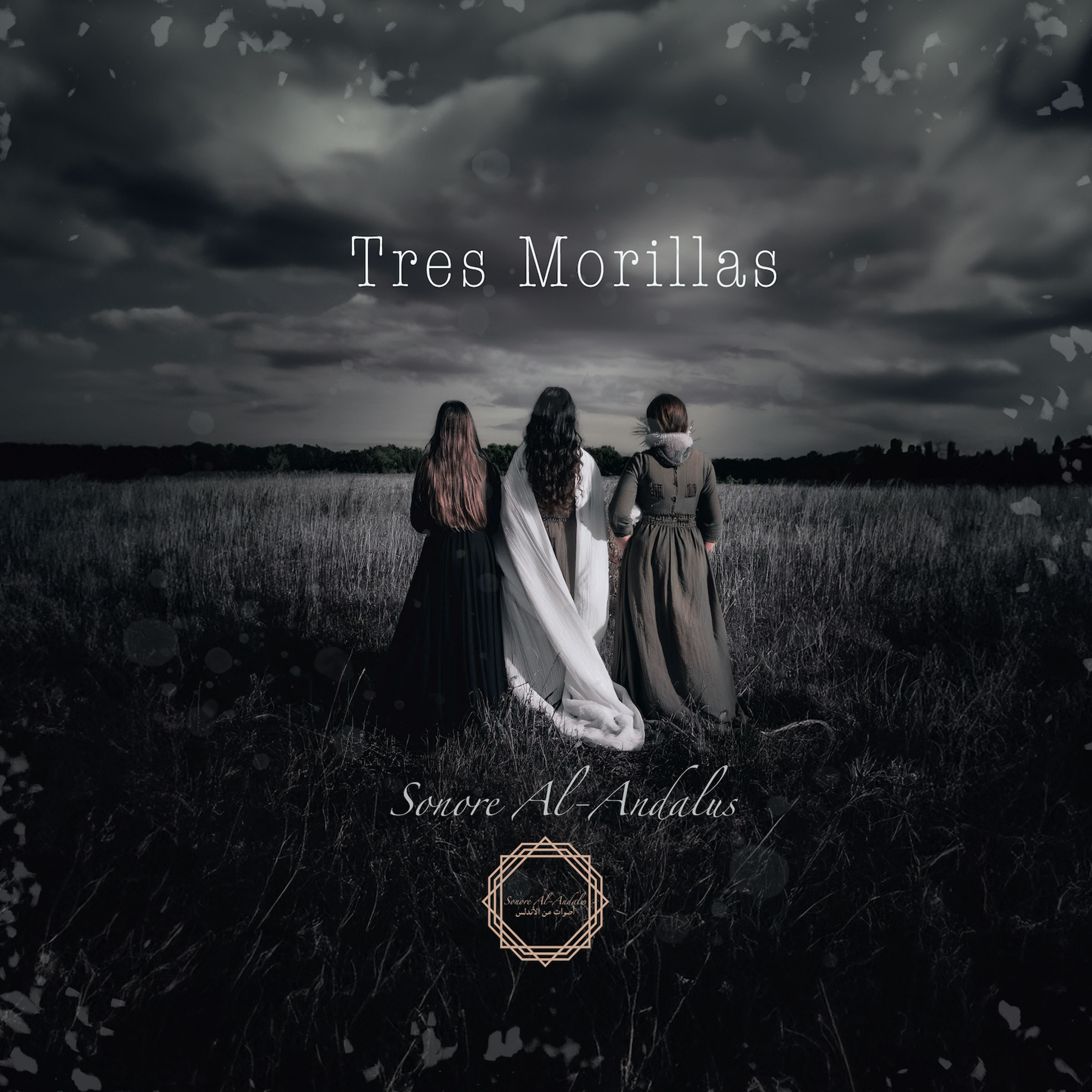"Music is the universal language of mankind." — Henry Wadsworth Longfellow
Sonore Al-Andalus is not just a musical ensemble; it’s a celebration of culture, history, and artistry that spans continents and eras. Composed of four talented women—Spanish soprano Isabel Cañada Luna, American pianist Madison Da Silva, violinist and violist Crosby DeLaney Barrett, and Syria’s first female percussionist, Inas Halal—the group creates a vibrant soundscape that merges world music, classical, and electronic elements. Their journey is as diverse and rich as their music, reflecting a commitment to preserving the legacy of Al-Andalus while reimagining it for the modern era.
The Genesis of Sonore Al-Andalus
This unique project began as a labor of love and scholarly exploration. Collaborating with university professors and cultural specialists, the group immersed themselves in the poetry and music of Al-Andalus, the medieval cultural hub in what is now Spain. Their goal? To breathe new life into ancient texts and melodies while making them relevant for today’s audience.
"Through the past, we find the roots of the present," Isabel reflects.
Their efforts have resulted in a sound that is simultaneously ancient and modern, an unus pro multis (one for many) experience that transcends time and culture.
Milestones on the Musical Path
The ensemble’s accomplishments are as eclectic as their sound. From performing at prestigious venues like La Casa Árabe in Córdoba and Qasr Al Hosn in Abu Dhabi to collaborating with Dubai Tourism on live performance recordings, they’ve reached a truly global audience. Their music has even taken to the skies, featured on Emirates inflight entertainment.
One of their standout collaborations was with American composer Jonathan Barrett, who brought his expertise in blending classical and modern styles to their music. This partnership culminated in their debut single, Tres Morillas, a reinterpretation of a 16th-century poem from the Cancionero de Palacio.
The Creative Process
The creation of their music is as collaborative and multifaceted as their performances. Each member brings a unique voice to the table, contributing to a harmonious blend of acoustic instruments—voice, piano, violin, viola, and Middle Eastern percussion—layered with digital effects.
"It’s a journey that respects the past while embracing the present," says Inas.
For Tres Morillas, the group recorded live in one session, capturing the raw, organic energy of their performance. Jonathan later enriched the track with additional voices and effects, creating a lush, multi-dimensional sound.
The song itself tells a poignant story of three women forced to change their faith due to war. The steady tempo mirrors their resilience, while the operatic high notes convey their inner anguish. The piece ends with an echo, leaving the listener with a sense of timelessness.
Challenges and Triumphs
Like any creative endeavor, Sonore Al-Andalus has faced its share of challenges. Balancing traditional and modern elements required extensive experimentation. Moreover, as an independent group, they worked with limited resources, often juggling full-time jobs alongside their musical commitments.
"Passion and perseverance have been our guiding stars," Madison notes.
Their mutual respect and friendship have been key to overcoming obstacles, fostering a supportive environment where ideas flourish.
A Vision of Unity
At its core, Sonore Al-Andalus represents a bridge—between past and present, between cultures, and between people. Their upcoming album, recorded at Firdaus Studio in Expo Dubai, is a testament to this vision. Featuring lyrics in Spanish, Andalusi Romance, Catalan, and Arabic, it celebrates the multicultural legacy of Al-Andalus while embracing a universal message of unity and empowerment.
"Our music is a reflection of values that resonate universally: tolerance, empowerment, and the unifying power of art," says Crosby.
Looking Ahead
With plans to release their full album and continue performing worldwide, the future of Sonore Al-Andalus is as bright as it is inspiring. They’ve built a platform that not only celebrates women’s artistry but also honors the shared human experience through music.
In their own words: “We are more than an ensemble; we are a family, united by a shared dream.”
As they continue their journey, Sonore Al-Andalus reminds us all that music knows no borders—it is a bridge, a healer, and a celebration of life’s enduring beauty.









